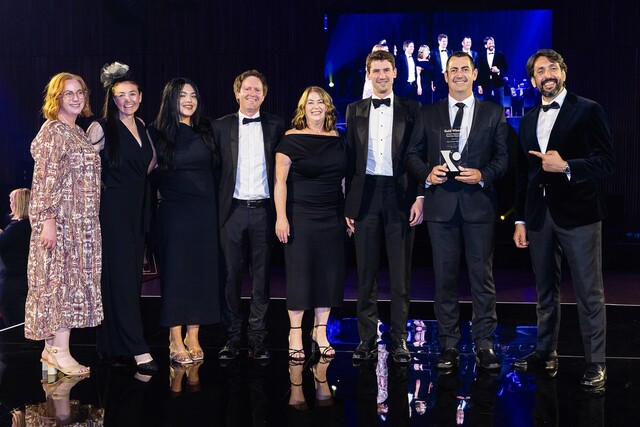Keynote speaker at the Conference was Baptist Minister, Reverend Tim Costello. The last Mayor of the former City of St Kilda and community lawyer, Tim Costello is a well known, and often quoted, community advocate. He outlined changes which have impacted on the way we view citizenship and society, concluding with a critique of the factors affecting current policy making and a call for the reconstruction of society.
Beginning with a broad description of social history, he put forward the view that from medieval times, society has been structured around three principle institutions, the Church, Town Hall and the marketplace. The Church providing the forum for moral, ethical and spiritual matters, the Town Hall, civic issues and the marketplace, the organisation of material needs.
He contends, in recent times, the former two have been overtaken by the logic of the market and this has profound implications for the communities in which we live. He argues for a return of a broader dialogue than market requirements alone can provide.
Tim Costello said that the predominant features on the modern Australian landscape are no longer churches. Rather modern temples emerge in the form of vast shopping complexes located at the centre of communities open all hours, and offering satisfaction in the form of consumption.
Noting that in Victoria 14% of Government revenue is now derived from the gaming industry, representing a shift of resources from the poor who patronise poker machines to the rich, Rev Costello criticised society’s hypocrisy. In the workplace security is gone. Workmates are competitors in the marketplace. A worker is a one person enterprise.
“The Australian sense of a fair go has been replaced by the individual competition ethic,” he said. “We are exhorted to act in our own interest. This is our only obligation to society.”
The greatest blasphemy in modern society according to Tim Costello is cross subsidy. Notions of the common good have been destroyed in favour of the user pays ethic.
Tim Costello remarked on the anger which was levelled at three teenagers from Melbourne’s western suburbs who declined casual work in Queensland 2,000 kilometres from their home, for a company which has since gone out of business, compared to the absence of anger levelled at businessmen and politicians who have collapsed western suburbs manufacturing industry.
“Likewise a report that Australia has the world’s second highest child poverty rate attracts no outrage,” he said. “Rather than a society, we now have an economy.”
Tim Costello laments the shift which has occurred from notions of governance to notions of managerialism and customership.
Governance, he maintains, understands there is more to governing than outputs which can be benchmarked. Furthermore, social capital undergirds business and the creation of physical capital. Without honesty and other principles of behaviour, industry will become unworkable. The corrosive power of competition undermines social capital.
He contends that the main task of government should be the nourishing of social capital and building of communities.
“The media is full of economic indicators but offers no social indicators,” he said. “We led the world in the establishment of citizens rights. Citizenship has been replaced by customership.”
Tim Costello urged delegates to consider reconstructing society to create better quality outcomes for all.
















